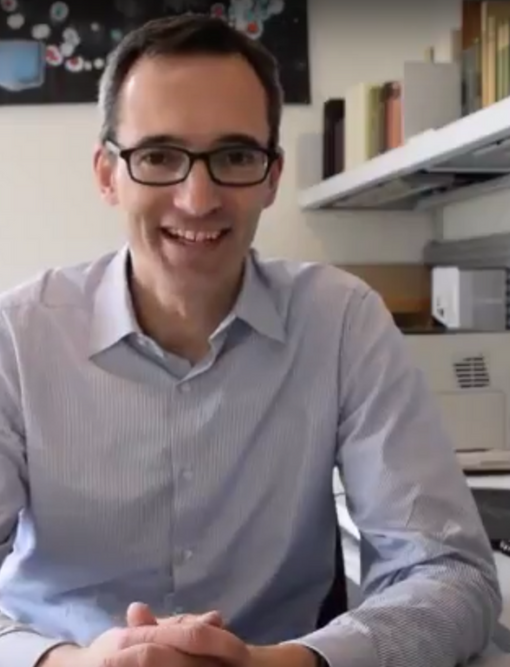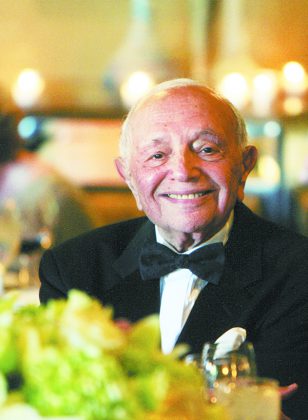The Center for Judaic Studies and Contemporary Jewish Life at UConn extends warm wishes to Dr. Nehama Aschkenasy on her retirement. We offer her heartfelt thanks for her invaluable work in establishing the Center for Judaic and Middle Eastern Studies at UConn-Stamford!
A Message from Nehama Aschkenasy
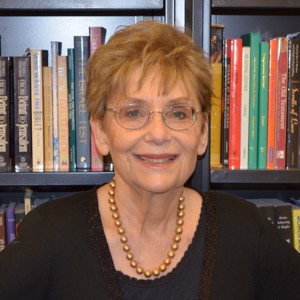 Professor (Em.) of Comparative Literary and Cultural Studies, UConn
Professor (Em.) of Comparative Literary and Cultural Studies, UConn
Founding Director (Em.), Center for Judaic and Middle Eastern Studies, UConn Stamford
Dear Friends, Supporters, and Students,
I’m now officially retired from my position as Professor and Director. This is a bitter-sweet moment; it’s tough to build from the ground up, but it is tougher to let go. The Talmud says that “the baker should not attest to the quality of his own dough.” I am the proverbial “baker” in this case, but, as I’m writing not only for myself but for all our loyal friends, and especially the founders of our Center, I’ll take this opportunity to reflect on our accomplishments.
Over thirty-seven years ago a group of visionary community leaders embarked on a collaborative effort with the local campus of the University of Connecticut, and founded the Center for Judaic and Middle Eastern Studies. Since its inception, our Center has had a dual mission: to develop and expand credit courses in all areas of Judaic Studies within the undergraduate curriculum and establish a forum for public discourse, in courses, seminars, and conferences, where both our regular students and community members would learn and discuss topics of current issues or of Jewish scholarship with the best and the brightest of today’s scholars, writers, and policy analysts.
On a personal note, I have had the privilege of working with some of the best individuals who advocated for us and made it financially possible for the Center to accomplish our phenomenal success. Reviewing the breadth of our offerings through the years and the caliber of guest speakers who addressed our groups, I am proud and also awed! Some of these speakers were already well known at the time, such as the late CHAIM POTOK and DR. IRVING HOWE, but I dare say that we also “discovered” junior scholars who then went on to brilliant careers, such as Political Scientist DR. SHIBLEY TELHAMI, (now the Anwar Sadaat chair at the University of Maryland, but then a young scholar only beginning to make his mark in the academic community), DR. FAWAZ GERGES (currently at the London School of Economics, who recently published a study of ISIS), and RON CHERNOW, the prominent, best-selling biographer (currently of “Hamilton” fame, who discussed at the time his book on the Jewish banking family, the Warburgs). We were fortunate to study with the brilliant orator, historian DR. HOWARD SACHAR, who was our guest speaker several times; we had the pleasure of learning from the internationally-acclaimed Israeli writer AMOS OZ, the renowned theologian DR. SUSANNAH HESCHEL of Dartmouth College, and, recently, DR. BRUCE HOFFMAN of Georgetown University, one of the foremost experts on contemporary terrorism. We also hosted twice the MOST REV. DR. DAVID JAEGER, member of the Roman Rota, the Vatican’s Supreme Court, who shared with us his vast knowledge as a theologian and unparalleled experience as peace maker. AMB. DR. DANIEL KURTZER, currently Professor of Middle East Policy at Princeton University and former U.S. Ambassador to both Israel and Egypt, addressed our audiences twice in recent years. And in our 2017 Annual Kuriansky Conference, we all enjoyed tremendously the knowledge and oratory of the renowned legal scholar, Dr. Jeffrey Rosen. Our topics have been varied and fascinating, from interfaith dialogues on women in Judaism, Christianity, and Islam, or on the meaning of “A Just War” in the three Abrahamic religions, to various issues related to the Middle East and contemporary Israel, to discussions of “Jews and Capitalism,” Jewish mysticism, and a variety of themes in history, from Jewish revolts in ancient Palestine to life in the East European Shtetl, to episodes of resistance and heroism during the Holocaust.
Our credit courses introduced the wealth of the Judaic texts and history to students who came from a diversity of ethnic and religious backgrounds, focusing on the great contribution of Judaism to Western civilization and the meaning of studying a religion, a culture, and a people’s history in the context of secular academia. Our college-age students learned of the ethics of social justice advocated in the Judaic masterworks, of the tolerance and respect for other views and creeds enfolded in Judaic teachings, and of the highs and lows of the Jewish historical experience. We have been pioneers in introducing courses in Holocaust, the Bible as literature, and the Bible’s impact on the literary history of Western civilization, on women in Judaic literary tradition and in Jewish religion, and of contemporary Israeli literature with a special angle, studying these contemporary works in the context of Middle Eastern literature, society, and politics.
In one of Amos Oz’s stories, the protagonist reflects back on his life’s ambitions, and concludes that all he would leave are “footprints on the water.” I hope and pray that my life’s work, and the tireless efforts of our friends through the years, will amount to real footprints on solid ground, and that our Center will continue to flourish in future years.
Warm regards to all,
Nehama
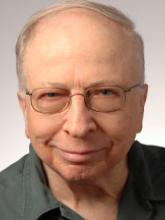 It is with great sadness that I share news of the passing of Dr. Arthur Abramson, Professor emeritus of Linguistics, this past weekend.
It is with great sadness that I share news of the passing of Dr. Arthur Abramson, Professor emeritus of Linguistics, this past weekend.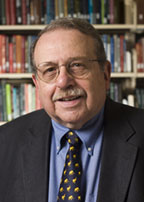 It is with great sadness that I share news of the passing of Dr. Bruce Stave, Emeritus Professor and a former Head of the History Department, who passed away Saturday morning, December 2, from complications of congestive heart failure.
It is with great sadness that I share news of the passing of Dr. Bruce Stave, Emeritus Professor and a former Head of the History Department, who passed away Saturday morning, December 2, from complications of congestive heart failure. 